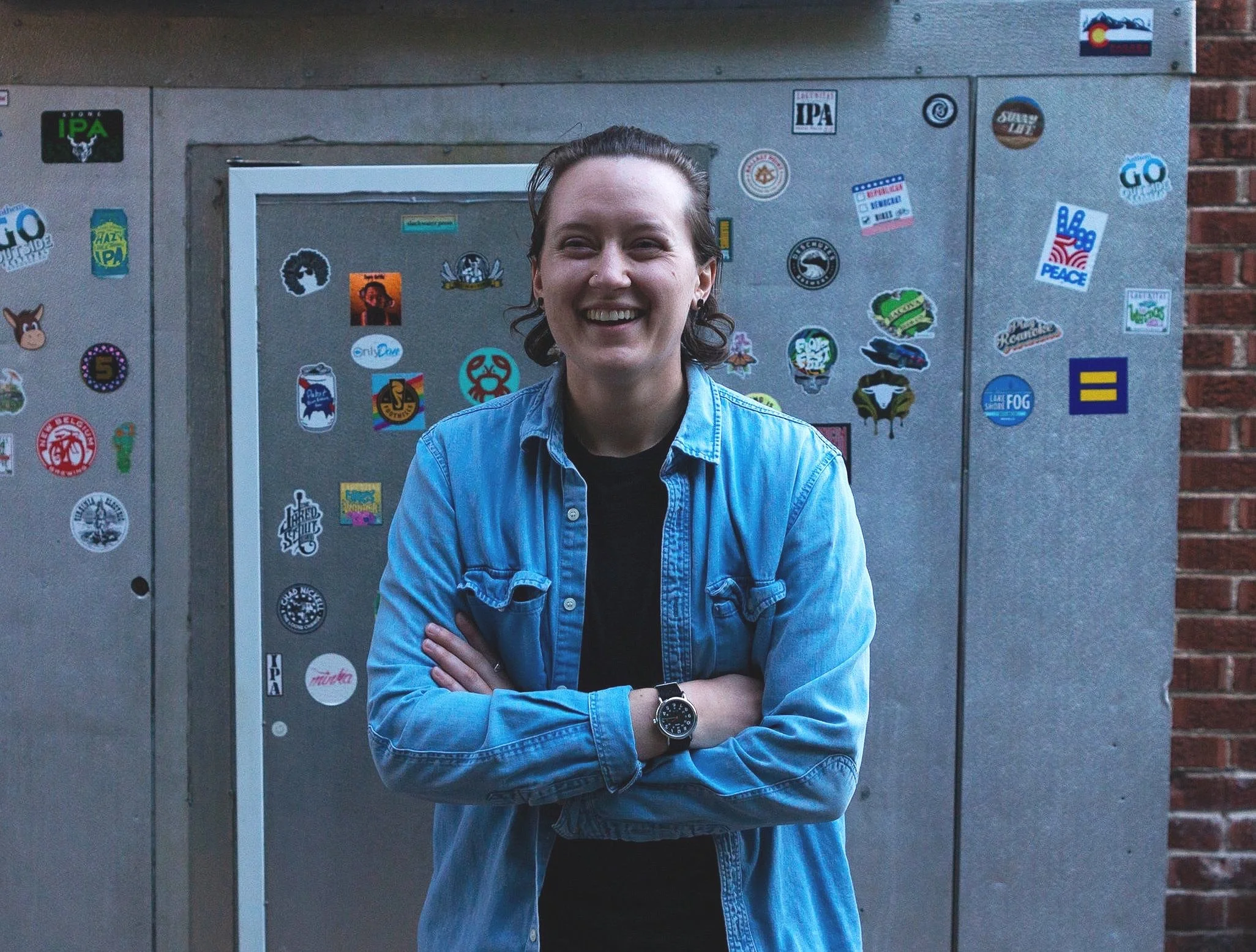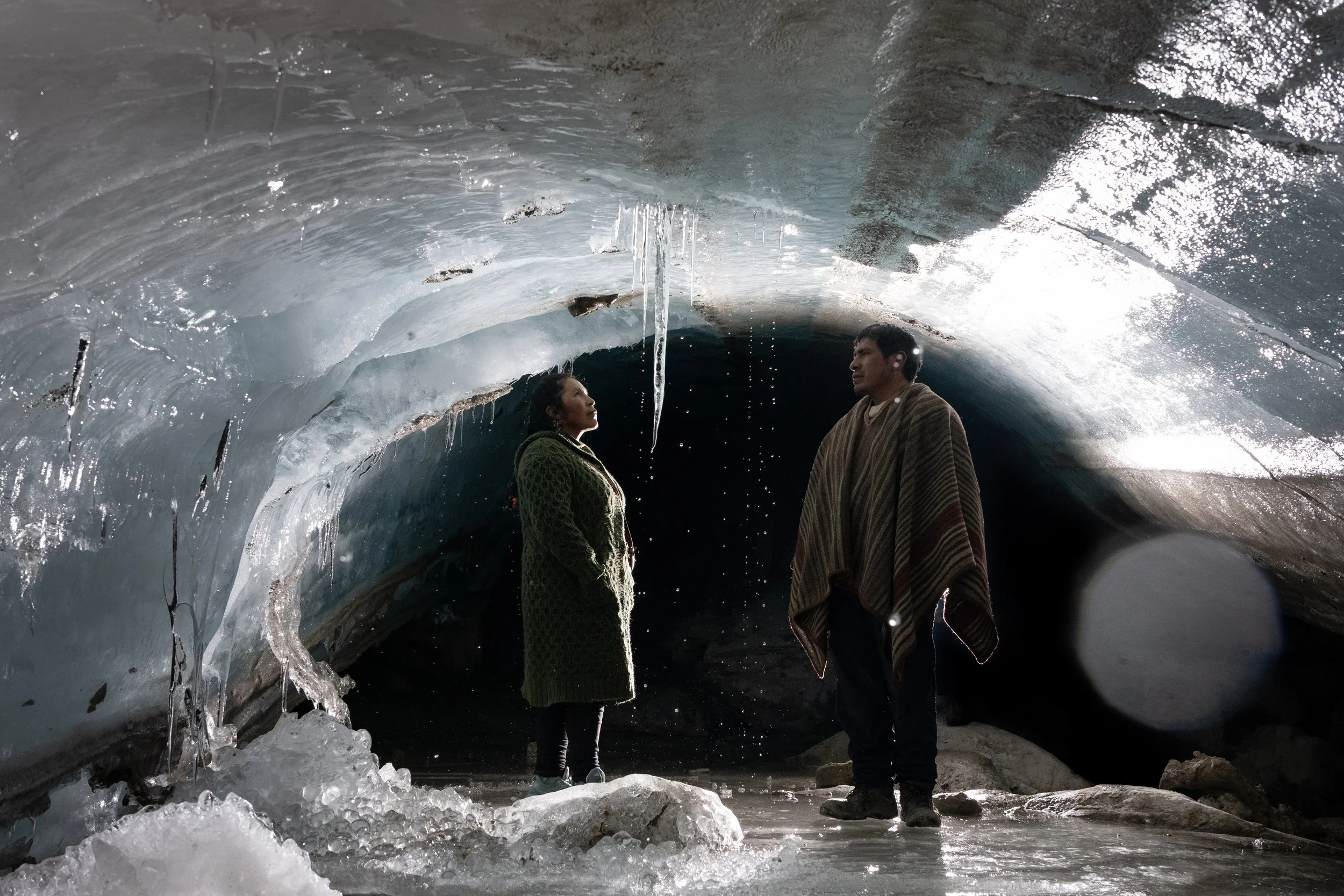Photo By Kristin Lau
Like air and water, people tend to take electricity for granted —until it fails and we start to feel incapable of performing simple daily tasks. Yet, reliable electricity is still a luxury for many schools, hospitals, and farms in developing societies. According to the 2016 World Energy Outlook (WEO), nearly 1.2 billion people, or 16% of the world population, did not have access to stable and effective power supply. Countries in developing Asia and in sub-Saharan Africa are the ones who suffer the most since more than 95% of people living without power access reside in those areas.
Photo By Kristin Lau
For almost a decade, Nepal has been suffering from inconsistent energy supply. Frequent power cuts have brought people's attention to find a solution. The best solution, according to non-profit startup SunFarmer, is to rely on solar systems. Co-founders Jason Gray and Andy Moon took the declining expense of solar energy as their main motivation for the company's idea. Since its launch in 2014, SunFarmer has been introducing solar energy systems to institutional, commercial, and industrial customers such as hospitals, schools, farms, and factories in the country. For such a young organization, success can be seen through the installation of solar panels on over 20 health facilities and committing to two of the biggest solar energy projects in Nepal, at Bayalpata and Kirtipur Hospitals in 2016.
Photo By Kristin Lau
Even though the cost of solar energy is dropping worldwide, SunFarmer admits that it would be impossible to solve all the world electricity problem through donations. That is why they believe that sustainable business models, combined with strong local capacity, are important in solving the issue. The organization determines the right solar technology and suitable solar financing models for the launch of locally-run solar companies in a given market. Nepal is their first country of focus, where they have completed over 100 solar projects for schools, farms, health facilities and community centres.
According to Gray, solar is the best solution for energy problems such as the ones faced in Nepal, but it has not taken off for two reasons. "First, the upfront cost is high, second, it is very difficult to get a properly designed and installed energy system in developing countries, which has led many projects to fail after only a few months or years," he explained. "We make solar affordable by offering zero-interest loans so they can pay for electricity affordably, a little at the time. By charging for solar, we know that our customers will take care of the systems, and they know they can hold us accountable for maintenance. With reliable electricity, hours of labor are saved each day, schools are more effective and hospitals can save more lives," he stated.
Photo By Kristin Lau
With an investment of a bit more than $ 3,000.00 USD from SunFarmer, Lungra Health Clinic, which was their first official solar installation, is a good example of the positive impact that the organization has been providing. Before their project, there was no electricity at the clinic. Now, almost 4 thousand people have access to an upgraded healthcare, with 101 births expected for this year. Meanwhile, more than 13 thousand litres of diesel fuel can be saved. The clinic will repay the debt in eight years, with quarterly repayments of around $100.00 USD.
Photo By Kristin Lau
Photo By Kristin Lau
Nepal went through a hard time in the end of April, 2015, when two strong earthquakes sequentially razed the region. The catastrophe has further aggravated the already lack of electricity in the country, especially for the 80% of the population who lived in the mountains. The rest of the people faced energy deficits that led to daily blackouts. Many had relied on kerosene lamps or diesel generators, that were expensive and polluting, as substitutes.
Photo By Kristin Lau
After the disaster, the organization became actively involved in post-earthquake relief and reconstruction. They provided solar lanterns and home systems to affected communities and created the SunFarmer's Earthquake Relief Fund, which is helping them to equip newly-rebuild health posts and other critical community institutions. The fund is still open for donations, and all the contributions are used to rebuild health clinics in Dolakha district, Nepal, where almost 190,000 people lack access to healthcare.
Photo By Kristin Lau
Toronto-based photographer Kristin Lau traveled to Nepal to photograph the work of SunFarmer. When she was there, the population was also hit with a four-month petrol crisis on top of the electricity crisis. However, she says that besides all the obstacles faced by the Nepalese people, they always maintain a very positive attitude towards life. "'Thik cha' is the term 'no problem' in Nepali. When there is an issue, you find a way. Organizations such as SunFarmer along with the local people and government are constantly trying to find ways to solve the energy access problem. In the face of adversity, the local people have always responded with 'Thik cha' - we will find a way, whether it's rebuilding in the face of a natural disaster or working together to solve the energy crisis," explained Lau.
To know more about SunFarmer, please click here.





















